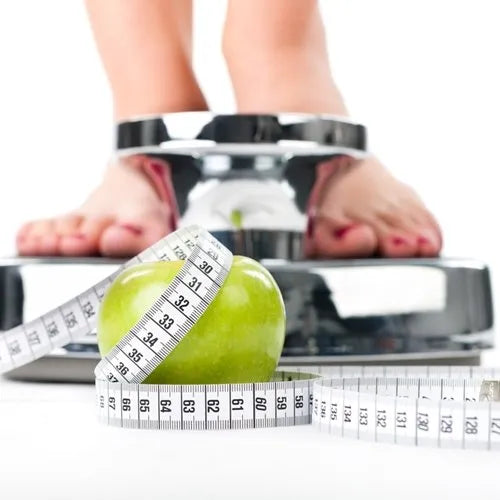When you're expecting, you want to do absolutely everything you can to improve not only your health, but your little one's as well. While diet is vital for providing you and your child with the nutrients you both need, supplements can offer vitamins and minerals you may not get from food to help give you everything you need for healthy development. It's important to keep an eye on the type of supplement you're ingesting, however. Some supplements may not be as safe as they would seem. The following supplements are safe to take during pregnancy, however, it's important to talk with your doctor before ingesting anything:
Folic acid
This acid, a member of the B-vitamin family, can be found in green leafy vegetables, brown rice, breads, margarines and some breakfast cereals. The synthetic form is often more easily absorbed by the body than the natural form, however. According to Dr. Eric Levens, a board-certified reproductive endocrinology and infertility specialist in Annandale, Va., folic acid has been shown to decrease the incidence of a specific birth defect by as much as 36 percent. Folic acid also helps to support the rapid growth of both the placenta and fetus. It aids in DNA production as well as cell division and fetal growth.
Vitamin D
While this vitamin can come from sunshine, taking a supplement can give a pregnant woman and her child an adequate amount. Exposure to sunlight during pregnancy intensifies pigment changes that cause irregular skin darkening, so it's best to stay protected from the sun. Vitamin D is essential for regulating the amount of phosphate and calcium found in the body – both of which are needed to keep teeth and bones healthy. This vitamin can be found in fatty fish, fish liver oil, fortified milk, eggs and cereal products.
Vitamin C
This vitamin, found in fruit and vegetables, protects cells and keeps to keep the immune system healthy – working to fight off infection. It's also essential for tissue repair, wound healing, bone growth and skin health. You and your baby can benefit from vitamin C because it helps make collagen – a protein that's vital to cartilage, bones, skin and tendons. It can also help absorb iron.
Iron
Iron can come from red meat, legumes, vegetables and grains. This supplement makes hemoglobin, which is a protein in red blood cells that carry oxygen to other cells. Iron also helps to form myoglobin – a protein that supplies oxygen to the muscles. And just like vitamin C, iron helps to maintain a healthy immune system.






